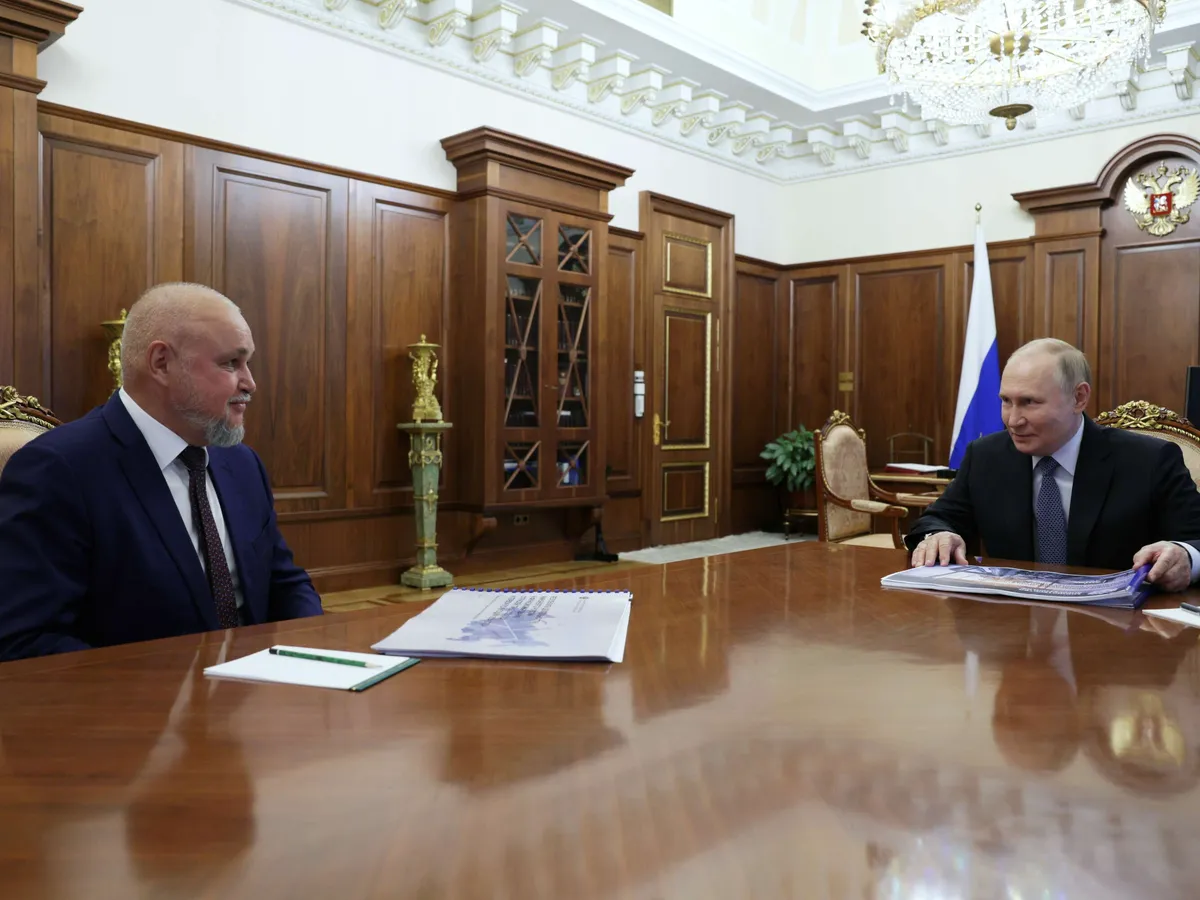The Russian energy minister’s attempt to merge the country’s energy giants into one huge giant company has failed, reports the Financial Times citing sources who remain anonymous.
The Wall Street Journal previously reportedthat such a merger is possibly underway. The new company formed by the oil company Rosneft, Gazprom’s subsidiary Gazprom Neft and Lukoil would have become the second largest oil company in the world.
FT: Putin stopped
According to FT, to the President of Russia to Vladimir Putin the matter was presented by the Minister of Energy Sergey Tsivilev. Lukoil would have been nationalized and control of the state-owned Rosneft and Gazprom Neft would have been tightened.
Both FT and the think tank ISW see the merger attempt as a sign of a power struggle in Russia’s energy sector for the Kremlin’s most important source of wartime income.
According to FT’s sources, so far the battle was won by the leaders of the energy giants, who opposed the minister’s intentions, and Putin did not give permission for the acquisition.
The merger would have been the biggest restructuring of the Russian energy sector since the 1990s.
The FT says that there has been frustration in the Kremlin for a long time that it does not have power over energy companies.
Rosneft stepped forward
Rosneft has come into the matter to the public and denied that it had any intentions to take over the other mentioned companies. The company charged that the purpose of the media reporting is to smear the CEO Igor Sechinin reputation and even sarcastically called his leader “evil Sechin”.
Setshinia generally considered as a very close ally of President Putin.
Rosneft also stated that there would be no business logic in the publicly disclosed merger. This is also the view of the analysts of the Russian banking sector, reports FT. According to analysts, separate companies make it easier to circumvent sanctions, while one mega-company would be an easy target.
”Perhaps Setšin”.
Rosneft accused that the media reporting is aimed at tarnishing the reputation of CEO Igor Sechin and even sarcastically called his leader “evil Sechin”.
FROM: EPA/EVGENIA NOVOZHENINA
A huge redistribution is underway in Russia
A massive redistribution of wealth is underway in Russia, as the country has turned to a war economy. Russian nationalization campaign recently commented Professor at the University of Chicago Konstantin Sonin. The campaign applies not only to international but also to Russian companies.
Investigator Alexandra Prokopenko has also evaluatedthat ownership is becoming one of the casualties of the war in Russia, and it is a ticking time bomb.
Recently, the online store giant Wildberries attracted a lot of attention a business transaction that turned violent.
